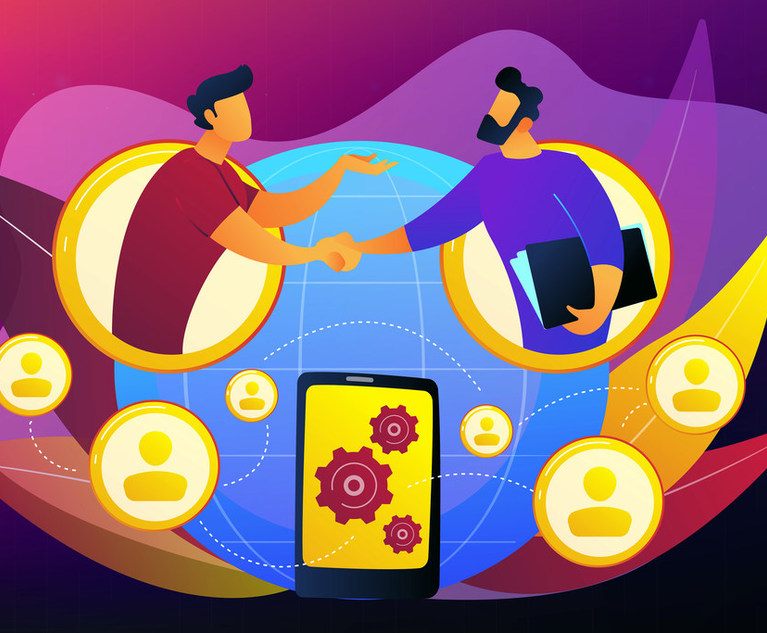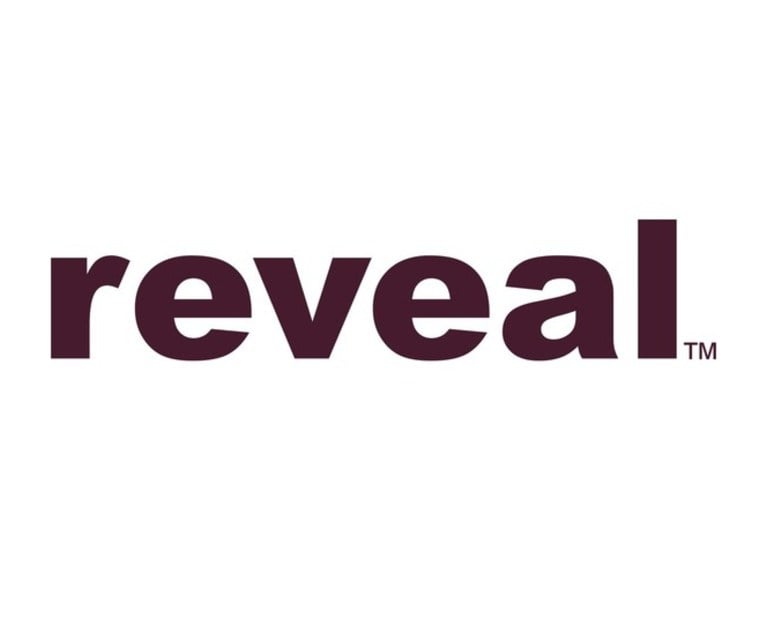“It is akin to malpractice not to get [a Rule 502(d)] order.”
It has been several years since Judge Andrew Peck of the influential U.S. District Court for the Southern District of New York uttered those words about Federal Rule of Evidence 502(d), which he also referred to as a “get out of jail free card.” Despite the ever-greater attention to electronic discovery in the legal community, it is alarming how many attorneys—experienced attorneys—fail to implement an important safeguard that could prevent disastrous privilege waivers during discovery. Indeed, “502(d)” is one of the more common e-discovery buzzwords that, like “metadata” and “native file,” should be familiar to even the most novice of litigators, if only because it is so often repeated at conferences and CLEs. Nonetheless, the use of 502(d) orders continues to remain outside the mainstream—a possible sign that the lawyers and judges who preach its gospel are merely preaching to the choir.


 Robert Jimenez, Espinosa Martinez, Miami.
Robert Jimenez, Espinosa Martinez, Miami.




